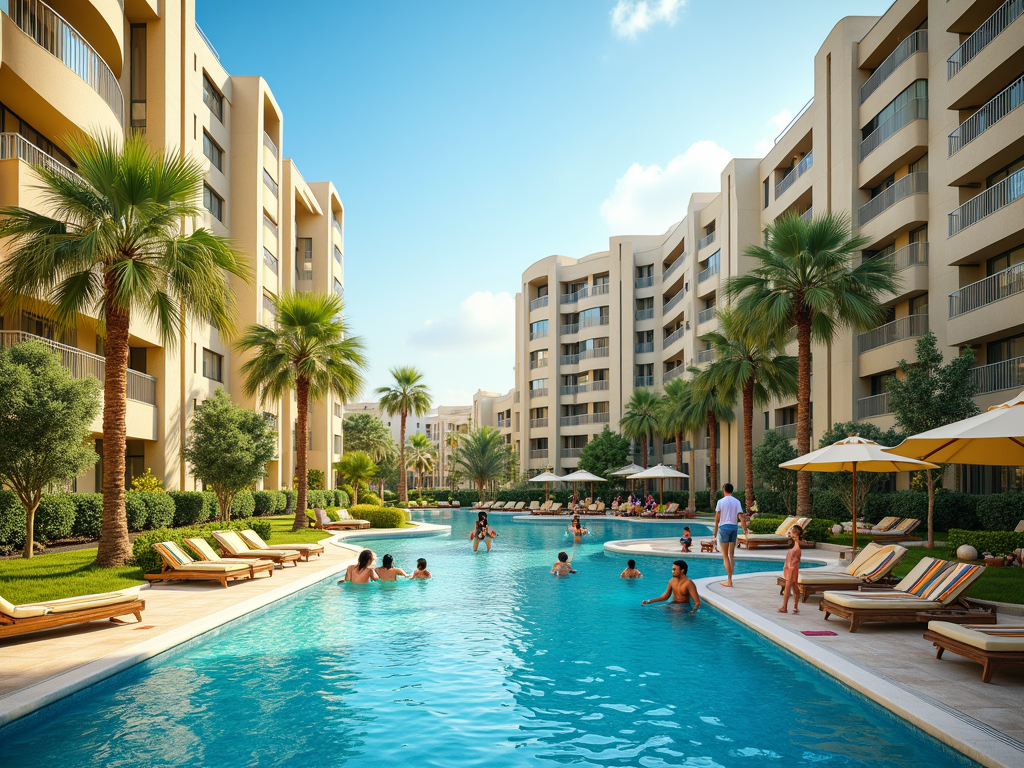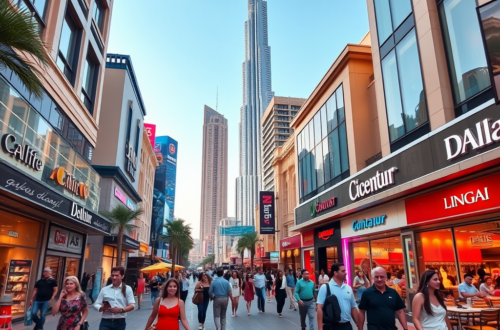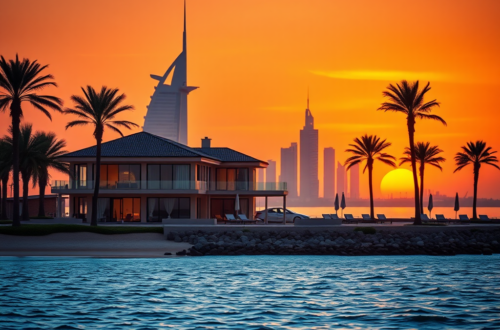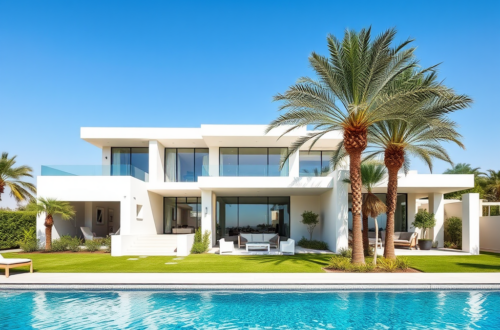Dubai’s real estate market is experiencing a transformative shift, largely driven by evolving demographics influenced by various factors such as an influx of expatriates, economic growth, and lifestyle changes. This growth has triggered a corresponding increase in real estate demand, reshaping the landscape of property types and prices. Investors and homebuyers alike must stay informed about these demographic trends as they directly impact housing availability, urban development, and investment opportunities. As the city welcomes diverse populations, it becomes imperative to look closely at how these shifts are likely to define the future of Dubai’s real estate landscape.
The Influence of Expatriate Communities

Dubai has long been a melting pot of cultures, with expatriates making up a significant portion of the city’s population. This influx of foreigners is largely due to the city’s robust economy and attractive job opportunities. The following factors explain how this demographic change is affecting real estate demand:
- Increased Housing Needs: More expatriates mean a rise in demand for rental properties, particularly in established neighborhoods.
- Diverse Preferences: Different nationalities bring various preferences for property types, leading to increased demand for luxury apartments, villas, and shared accommodations.
- Investment Opportunities: Expatriates often invest in local real estate, which drives demand and raises property prices.
These diverse communities lead to a dynamic real estate market, influencing not just the volume but also the type and location of properties in high demand.
Economic Factors That Shape Demand

Dubai’s economy has been resilient and continues to attract businesses and workers from around the globe. Several economic indicators contribute to the changing demand in real estate:
- Business Growth: The establishment of free zones and economic diversification has attracted numerous companies, leading to higher employment rates and a burgeoning population.
- Tourism Boost: The city’s status as a global tourist destination encourages property investments in short-term rental markets, making apartments and villas more appealing to investors.
- Government Initiatives: Pro-growth policies, such as the UAE Golden Visa program, incentivize expatriates to settle in Dubai, further driving demand.
These economic conditions are pivotal in shaping the overall real estate market, as they enhance both residential and commercial property appeal in Dubai.
As Dubai’s demographics evolve, so do the lifestyle preferences of its residents. With a growing emphasis on sustainability and wellness, individuals are increasingly interested in properties that align with these values. Key trends include:
- Sustainable Living: Eco-friendly buildings made from sustainable materials are in high demand, attracting environmentally-conscious buyers.
- Community Spaces: Developments that offer communal facilities, parks, and outdoor activities are gaining popularity, fostering a sense of community.
- Modern Amenities: Properties equipped with smart home technologies and luxurious amenities are sought after by both investors and renters.
Understanding these lifestyle changes is essential for real estate developers to meet current housing demands and create appealing living environments.
Impact of Technological Advances
Technological advances are revolutionizing Dubai’s real estate sector, making it more adaptive to demographic changes. Key impacts include:
- Virtual Tours: Potential buyers can explore properties remotely, making it easier for expatriates and investors to make informed decisions.
- Data-Driven Insights: Real estate firms leverage data analytics to understand market trends and demographic shifts, optimizing investment strategies.
- Smart Cities Initiative: Dubai’s push toward smart city development attracts tech-savvy residents who prefer modern amenities and connectivity.
These technological innovations increase accessibility to the market and appeal to diverse buyer segments, thus influencing demand significantly.
Conclusion
The changing demographics in Dubai are significantly reshaping real estate demand, influenced by an influx of expatriates, economic growth, and evolving lifestyle preferences. Developers and investors must stay ahead of these trends to successfully cater to diverse populations seeking homes in this vibrant city. By understanding the impacts of economic policies, technological advancements, and shifting preferences, stakeholders can make informed decisions that capitalize on the burgeoning opportunities within Dubai’s real estate market.
Frequently Asked Questions
1. What demographic factors are primarily influencing Dubai’s real estate market?
Key factors include an increasing expatriate population, economic growth leading to more job opportunities, and lifestyle changes among residents.
2. How is the influx of expatriates affecting rental prices in Dubai?
The surge in demand for rental properties has generally driven prices higher, especially in popular expatriate neighborhoods.
3. Are there specific areas in Dubai that are more sought after?
Areas such as Dubai Marina, Downtown Dubai, and Jumeirah Lake Towers are highly sought after due to their amenities and lifestyle offerings.
4. How do sustainable living trends impact property development in Dubai?
Builders are increasingly focusing on eco-friendly designs and sustainable infrastructure to attract environmentally-conscious buyers.
5. What role does technology play in the real estate transaction process?
Technology facilitates virtual property tours, provides data analytics for market insights, and enhances communication to streamline transactions for buyers and sellers.





